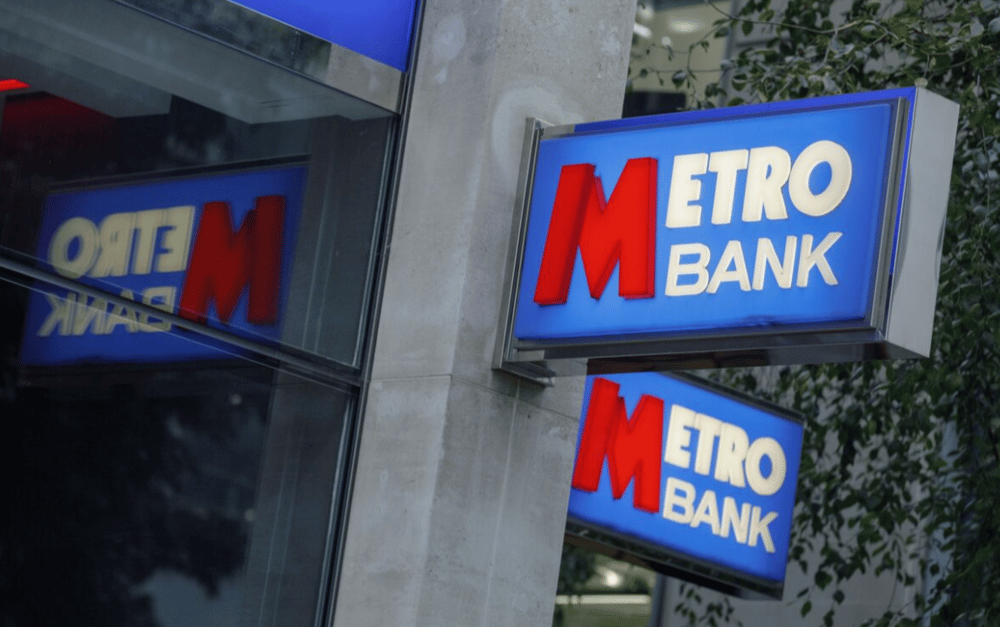Related Articles
Poland Commits 45% of EU Recovery Funds as Zloty Holds Steady Against USD
Poland has formally allocated more than 117 billion zlotys (PLN) — approximately $32 billion USD — in European Union Resilience and Recovery Funds, marking a pivotal phase in the disbursement of post-COVID stimulus capital. This figure represents 45% of Poland’s total EU allocation, underscoring the country’s accelerated efforts to leverage European funding for long-term economic revival.
GBP/USD Holds Steady Amid Geopolitical Tensions and Bank of England Policy Uncertainty
The British pound (GBP) remained broadly stable against the U.S. dollar (USD) on Monday, reflecting heightened caution among investors ahead of the Bank of England’s (BoE) upcoming policy meeting. The market’s subdued tone comes against a backdrop of geopolitical instability, as tensions between Israel and Iran persist, prompting safe-haven flows into the greenback.
GBP-Focused Metro Bank Draws Takeover Interest from Pollen Street Capital
Metro Bank $MTRO.L, a UK-based retail and commercial lender, has reportedly been approached by private equity firm Pollen Street Capital regarding a potential takeover, according to Sky News. The interest marks a pivotal moment for one of Britain’s most scrutinized challenger banks, which has struggled with profitability, regulatory pressures, and investor confidence since its establishment in 2010.







It's encouraging to see inflation finally cooling down; let's hope this trend continues.
A transaction of this scale might reshape the future of automation across the tech industry